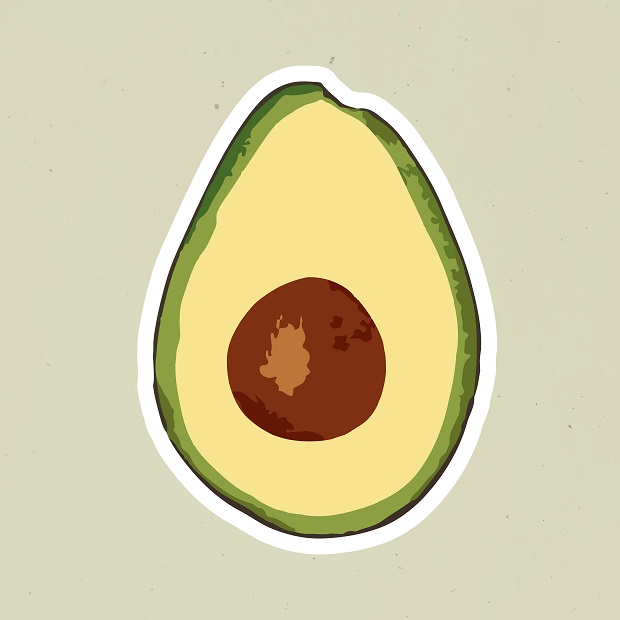
Contract farming involves an agreement between the producer and the buyer on terms and conditions for the production and marketing of farm products. This agreement includes the price to be paid, the quantity and quality demanded, delivery dates, and sometimes detailed information on inputs and production methods i.e. using a traceability system. The more recent growth of contract farming can be largely linked to the increasingly integrated global supply chains. More so, it provides an alternative business model to large scale farming which is unrealistic with the rise in real estate.
Let’s get to it…
The key benefits for the producer of a farmer are:
- Increasing income through long-term and stable access to more remote and lucrative markets and a transparent pricing mechanism.
- Access to new technologies.
- Access to improved inputs.
- Access to technical assistance.
- Access to credit facilities.
Contract farming can allow the farmers to obtain these benefits while not having to give up control or possession of their land.
The key benefits for the buyer/contractor are:
- Controlling commercial risks by securing stable supply for agricultural produce in the required quantity and quality.
- Ability to trace production to certain specific methods.
- Access to land
The key risks for the farmer arise principally from the power imbalance between them and the buyer. This results in:
i.Unequal allocation of the risks
- Unfair or non-transparent pricing mechanisms
iii. Unfair or non-transparent inspection processes.
iv. The producer is tied to using expensive inputs or taking loans required by the buyer, which can result in unsustainable levels of debt-as was my case with the group farming.
- Working conditions may also be inferior to those of formal employment.
- There is a significant gender bias in who can participate in contract farming: the majority of beneficiaries are men, likely to hold the title deed for the land.
Risks to the buyer:
- The greatest risk for the buyer is that the producer will sell the produce to another buyer; a practice known as side-selling.
- Producer’s non-compliance with the agreed quality and quantity of produce
- Producer’s non-compliance with the agreed delivery schedule.
- The producer may also fail to repay the buyer for credit or inputs provided once the produce has been sold to another party.
An agreement between the producer and the buyer is signed within the context of the applicable private law principles and rules of the law governing the country. The widely known core values underpinning contractual relationships are cooperation, good faith, reasonableness, consistency, transparency, full disclosure of information and preference for giving effect to the spirit and intention of the contract where possible. Parties should bear these in mind when entering contractual negotiations. Parties may include a provision in the contract reaffirming their joint commitment to these principles.
Most agricultural production contracts establish purely domestic legal relationships (even when the buyer is part of a multinational group). This might mean a lack of formal contracts on basic issues such as input and credit services. Even if the agreement does not expressly refer to the domestic law-the law of the land-parties should be aware that domestic law can override or nullify a contractual provision. Both parties should take care to inform themselves of relevant laws that apply to their situation. An example, where the buyer is a public entity, the specific rules for public procurement will apply. Where no special legislation exists, by default, general contract law will apply.

Author
-

Empowering Ambitions, Cultivating Success: Graduate Farmer is dedicated to inspiring and equipping young men and women with practical solutions to kickstart and thrive in profitable agribusiness ventures across Kenya.
Author
Empowering Ambitions, Cultivating Success: Graduate Farmer is dedicated to inspiring and equipping young men and women with practical solutions to kickstart and thrive in profitable agribusiness ventures across Kenya.

